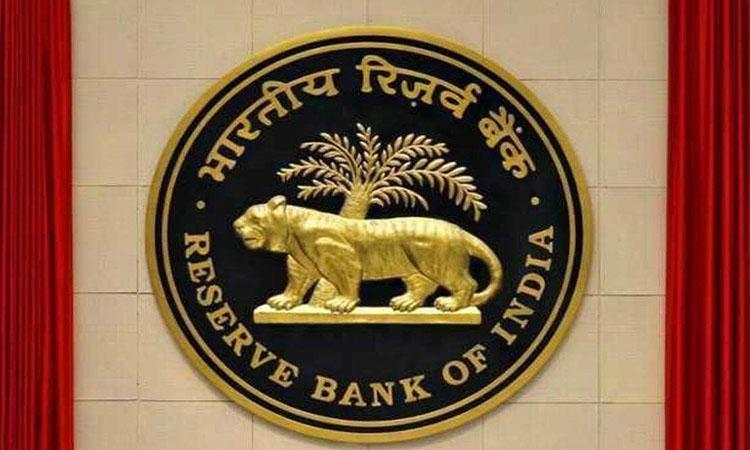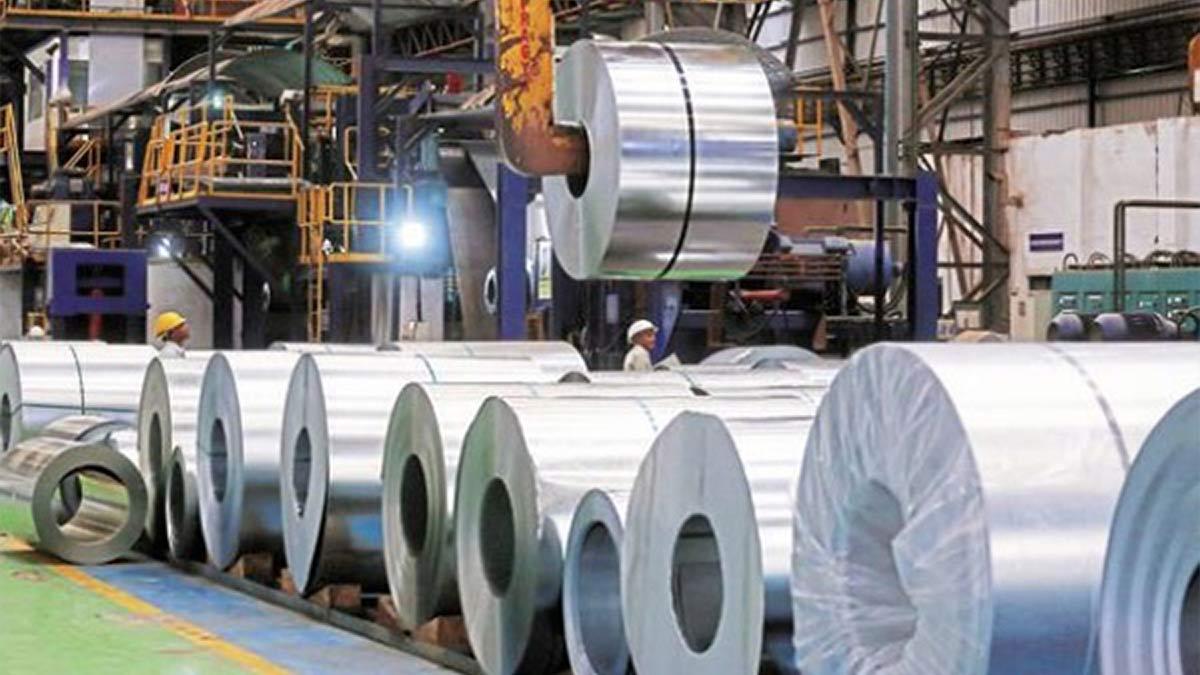The Reserve Bank of India on Wednesday said the proliferation of private cryptocurrencies across the globe has sensitised regulators and governments to the associated risks.
As per the cryptocurrencies pose immediate risks of frauds, to anti-money-laundering efforts, and fight aginst terror financing.
Besides, these assets are prone to extreme price volatility, given their highly speculative nature, the RBI said in its latest Financial Stability Report.
Also Read | Civil Aviation Ministry urges domestic airlines, airports to play Indian music
"Longer term concerns relate to capital flow management, financial and macro-economic stability, monetary policy transmission and currency substitution," the report said.
Furthermore, on the NPA of the scheduled commercial banks, the RBI expects gross non-performing assets to jump from 6.9 per cent in September 2021 to 8.1 per cent by September 2022 under the baseline scenario and to 9.5 percent under a severe stress scenario.
Besides, the report said inflationary pressures in food and energy increased significantly in the recent months, with food prices remaining far above their long-term growth rates.
Also Read | Bajaj Auto to invest Rs 300 cr for new EV making unit
"The outlook appears uncertain as supply bottlenecks gradually ease, global liquidity and monetary policy regimes begin recalibration to normalise and demand gathers steam," the report added.
"The demand for industrial and base metals is, however, likely to be robust on the back of global investment in decarbonisation. Inflationary pressures are reinforced by the fall in production of food items, supply side disruptions and rising input costs."


















